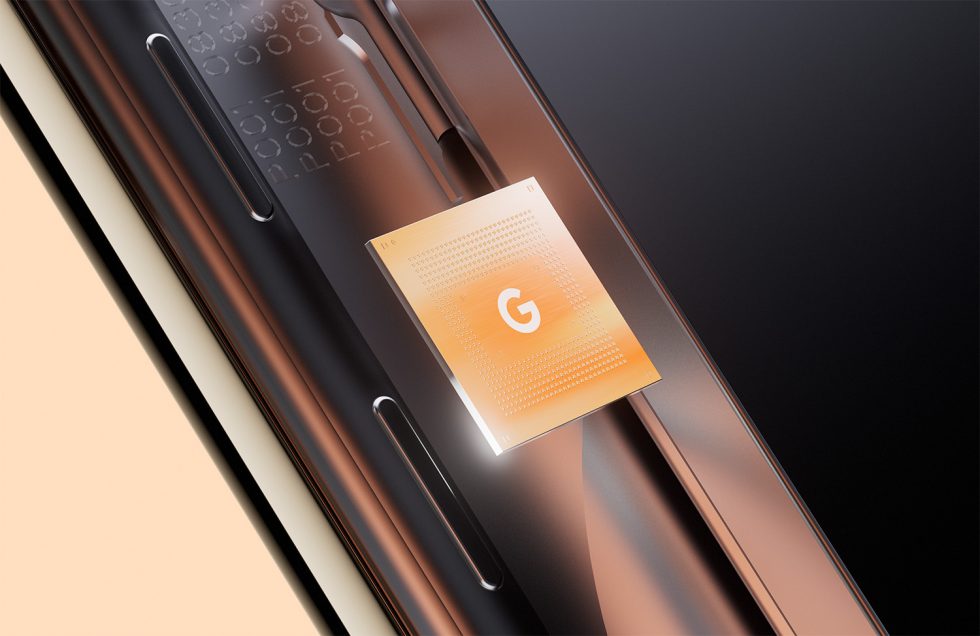The first two in-house designed Google chipsets, the Tensor and Tensor G2, had fine performance. The Pixel 6 and Pixel 7 series were snappy enough for the average bear, but if benchmarked against other mobile silicon on the market, they don’t quite stack up the same. If the latest leak holds up to be true, it sounds like Google is continuing to move in a positive direction with its mobile processor, albeit without the hugest of steps.
Set to power the Pixel 8 and Pixel 8 Pro, Google is reworking the Tensor G3 entirely, switching from a 4+2+2 core layout to a 4+4+1: four little Cortex-A510s, four Cortex-A715s, and a single Cortex-X3. The majority of the layout is 2022-launched ARMv9 cores, meaning the Tensor G3 (Zuma) is much more up-to-date versus what we saw with the Tensor G2 and original Tensor. On top of the new layout, Google is upping the frequency (clock speed) with the little cores, mid cores, and big core.
What all of this should result in for end users is snappier performance across the board. However, it’s not that much snappier. Yesterday on Twitter, a supposed benchmark for the G3 popped up, and while it does perform higher than the original Tensor (gs101) and Tensor G2 (gs201), it still doesn’t touch the performance of something like the Apple-made A16 Bionic or Qualcomm-made Snapdragon 8 Gen 2. Disclaimer: No one ever said it would compete with those two, I’m just providing examples of what the G3 apparently can’t touch.
In a GeekBench 5 score, where a higher number means better the score, the Tensor G3 came in with a single-core score of 1186 and multi-core score of 3809. Last year’s Tensor G2 had scores of around 1045 (single core) and 3327 (multi-core). Already, we’re doing better. That’s about where the winning stops. Again for context, the Galaxy S23 Ultra features the Snapdragon 8 Gen 2 chipset, clocking in a single-core score of 1581 and multi-core of 5125. The iPhone 14 Pro is above that, too.
Why does this matter? Technically, it doesn’t right now and may not ever matter (to you). Benchmark scores are, for lack of a better term, dumb. They can hardly ever paint a real-world picture of usage and performance, as there are limitless factors in play when it comes to how your specific device performs. They are great for knowing which chipset can get you potentially the best results, but in 2023, when essentially every phone is overpowered for what the typical user is doing, it becomes mind numbingly dull and pointless. On top of that, understand that Google can tweak clock speeds and change performance to help boost benchmark numbers ahead of the Pixel 8’s launch, so I wouldn’t put much stock in early benchmark scores.
TL;DR: Pixel 8 will likely perform better than the Pixel 7, as to be expected.

Collapse Show Comments35 Comments